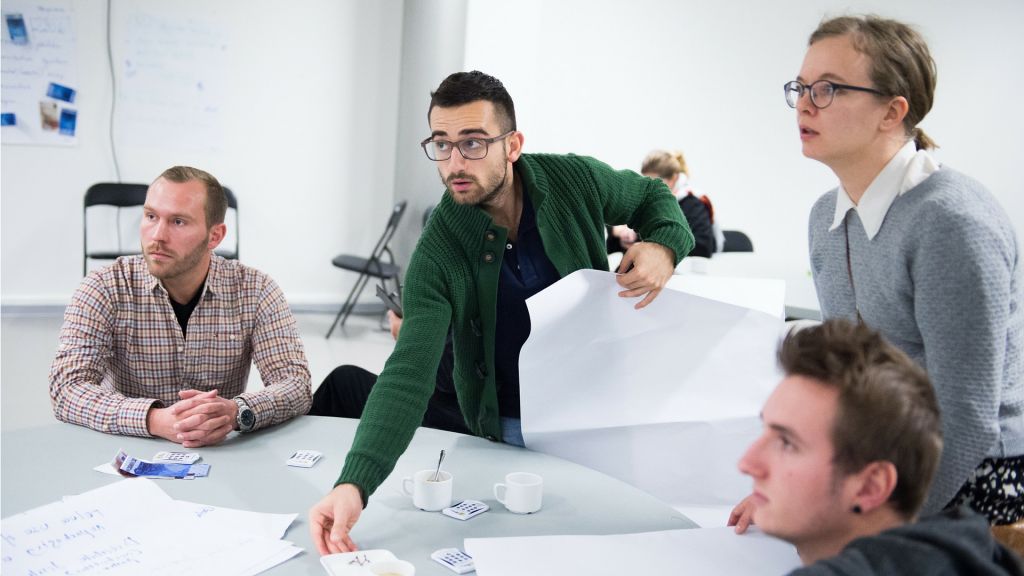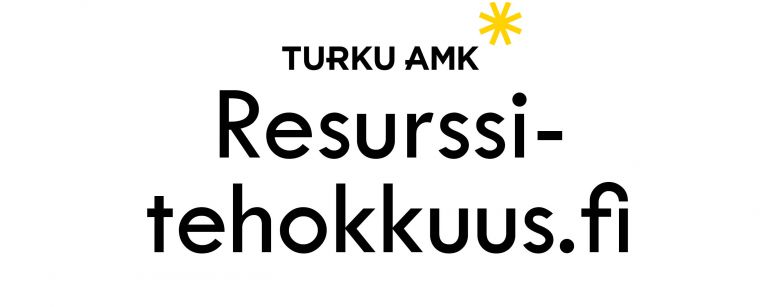Students developing energy and waste solutions in the Skanssi area

The course of Smart Sustainable Cities brought together university students from Turku for sustainable city planning. Throughout the spring, the sudents got familliar with smart and sustainable city solutions.
Students taking part in this course were from both Turku University of Applied Sciences and Turku University as well. Moreover, they were from fields of Future Studies, Construction Engineering and Energy and Environmental Engineering among others. The project works of multidisciplinary student groups were related to developing the Skanssi area. Skanssi is a new residential area in Turku, that is designed according to the objectives of sustainable development. The city of Turku is adhered to sustainable development and aims to carbon neutrality by 2040.
Turku University of Applied Sciences have been doing cooperation with the city of Turku for few years already regarding the Skanssi area. The cooperation has deepened, in addition to separate courses, to larger course programs. This spring, the student groups brainstormed relating energy and waste solutions for the Skanssi area.
The final ideas of the students were presented in the ending seminary of the course. In the jury of the assessors, were representatives from the city of Turku, Satakunta University of Applied Sciences and Turku Energia. According to the partners, the work of the students give actual value to the development of the city.
Solar power and measuring waste streams
As an energy solution, the students decided to utilize the combination of solar power, geothermal heating, district heating and the reclamation of waste heat.
The group working with the theme of waste also brainstormed an idea about a shared waste barometer between two condominiums. The objective of this is to have an effect on waste generation per apartment by measuring and monitoring waste streams. The residents would have a compensation in their waste bill when the quantity of the waste decreases. Furthermore, the right way of sorting out the waste can reduce the bill.
“Smart Sustainable Cities” course has been designed in a EU project that focuses in such theme. The course was piloted already in the fall of 2015 in collaboration of Satakunta University of Applied Sciences and Turku University of Applied Sciences. At that time, the clients of the project works were the cities of Turku and Pori, and the themes were related to digital services and traffic. The courses have benefited from cooperative teaching, virtuality and corporate contacts, and it will be executed next in the spring of 2017.
The course was a part of the CoastAL cooperation between the Turku and Satakunta Universities of Applied Sciences. CoastAL is an alliance of universities in south-west Finland where the collaboration between universities are aspired to increase. In the beginning of 2016, the name of the research cooperation became more precise as a “Smart Sustainable Cities” theme that is suited very well for the course collaboration. There have also been many project applications made in cooperation, and a substantial amount of external fund received. In this group, there is also an active sharing and combining of information, and student pilots.

Text: Sara Malve
Photo: Joonas Salo
